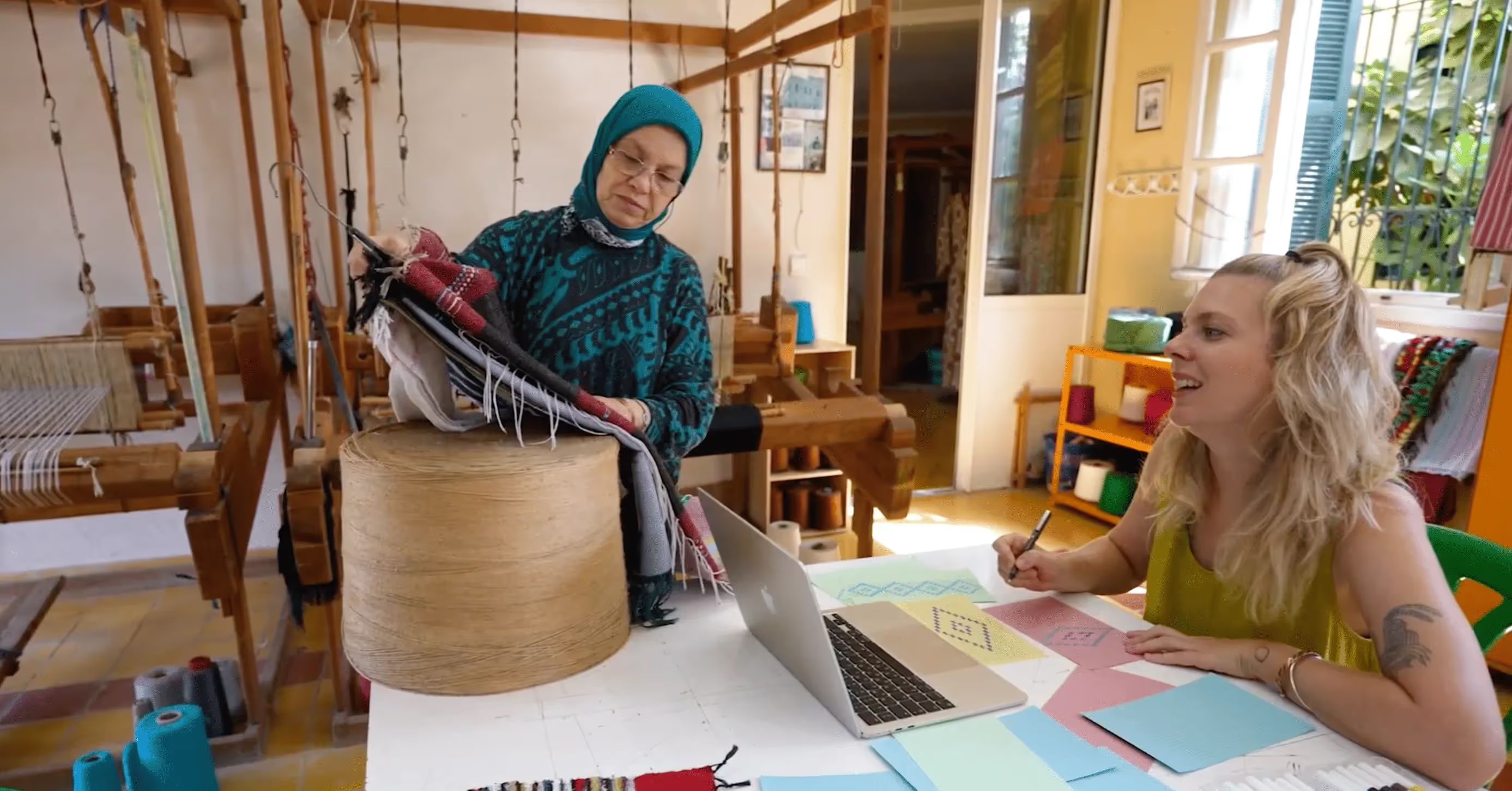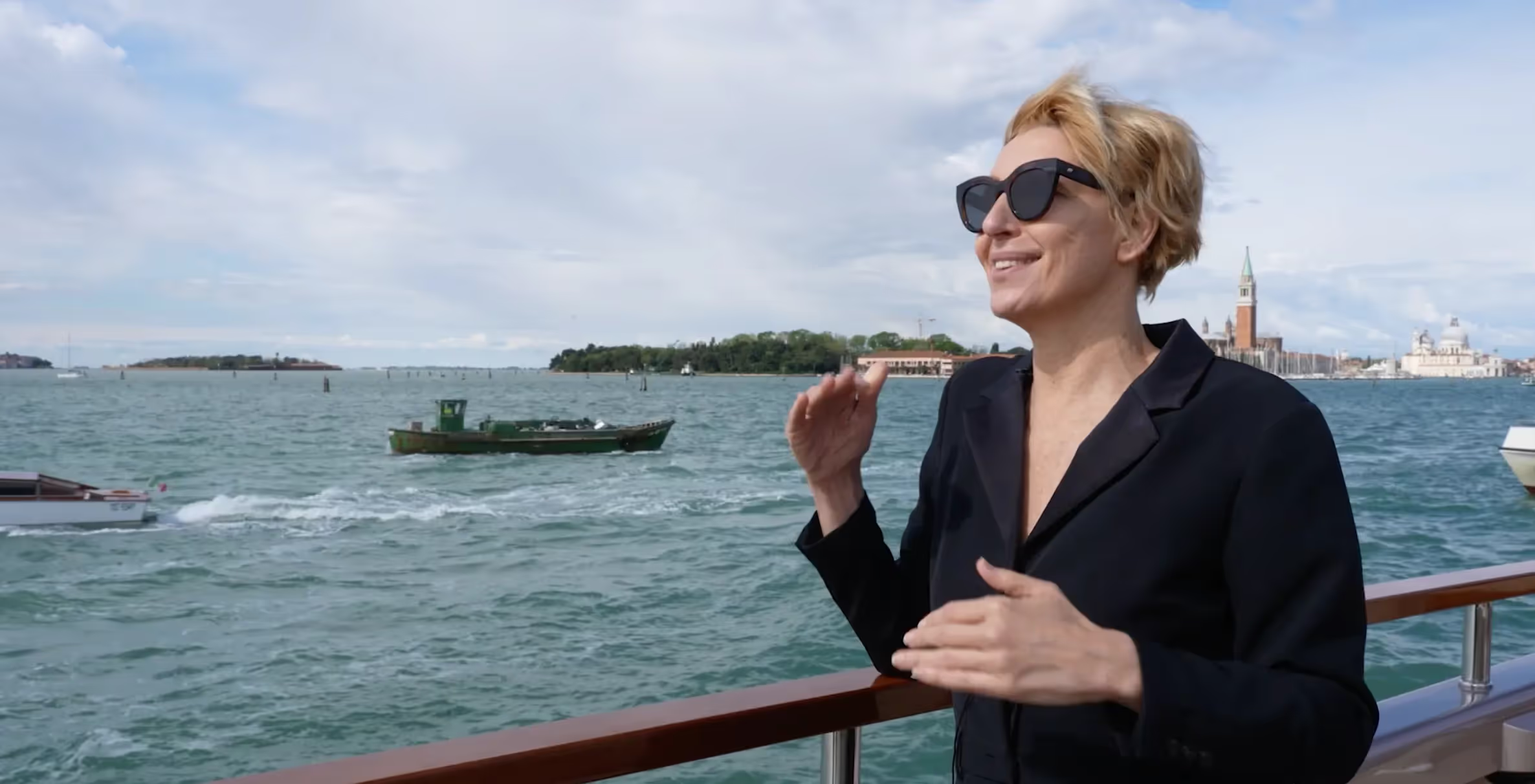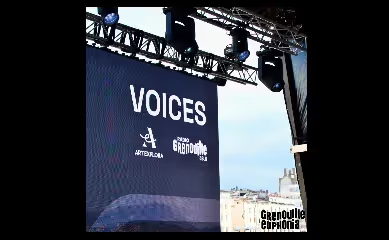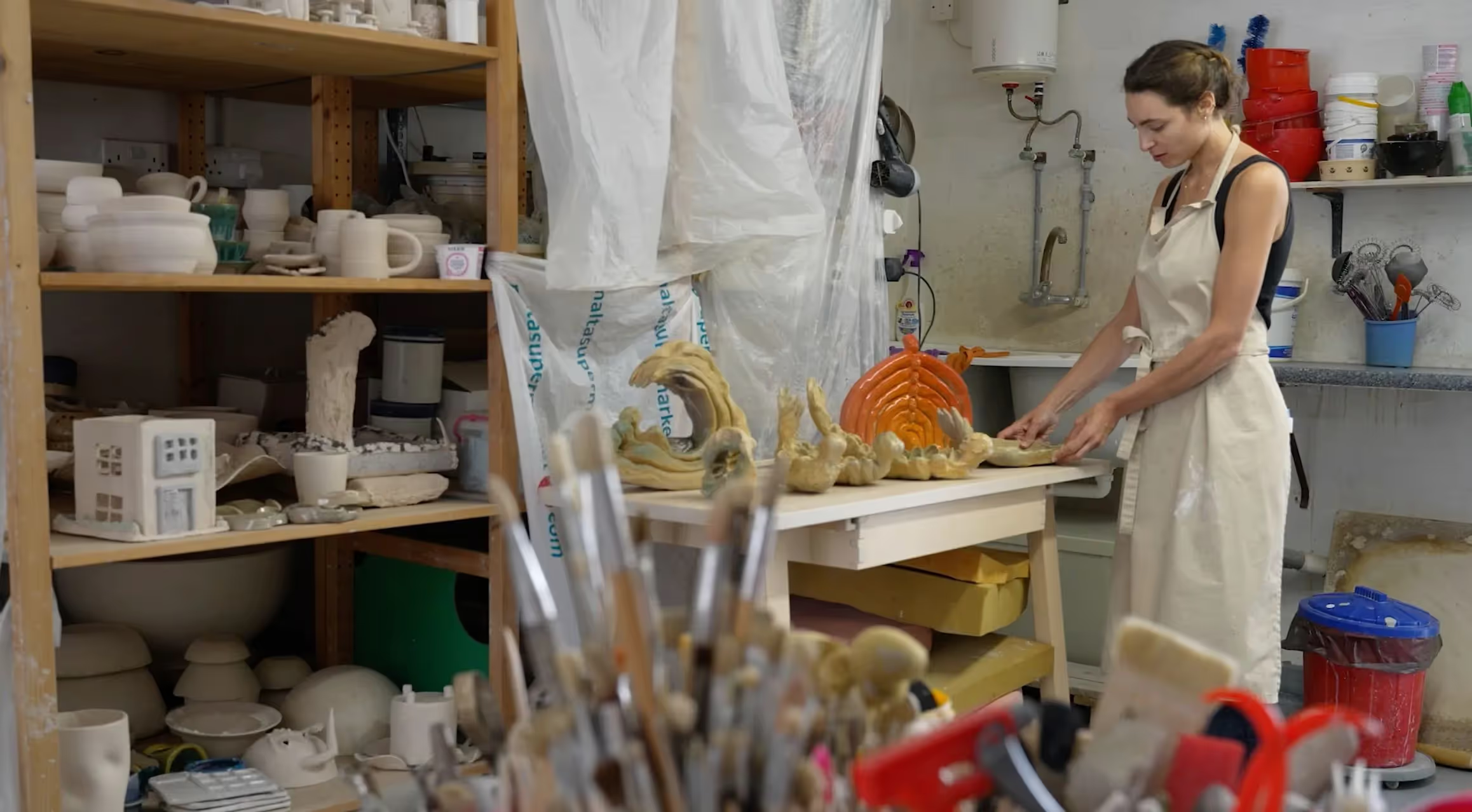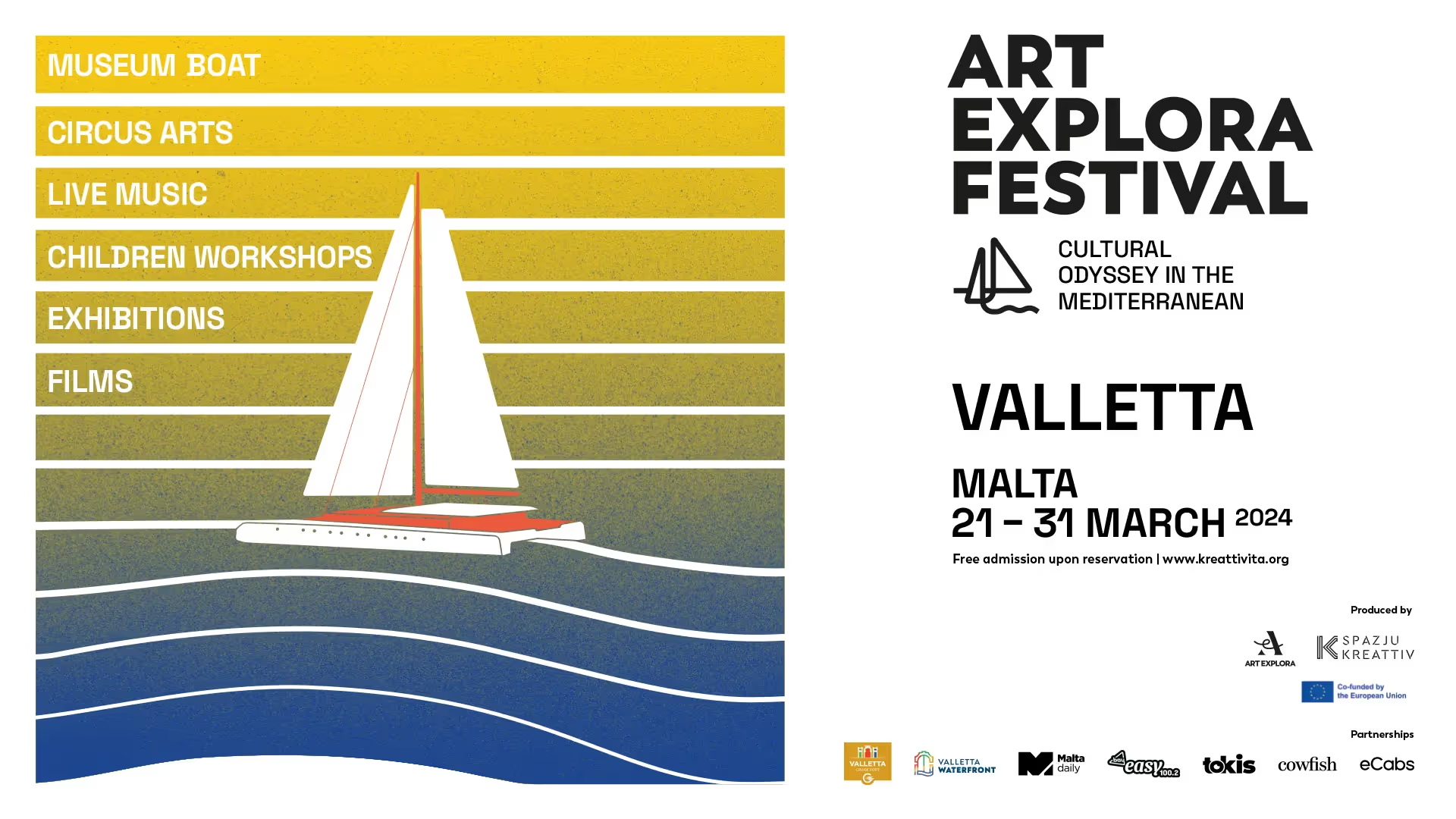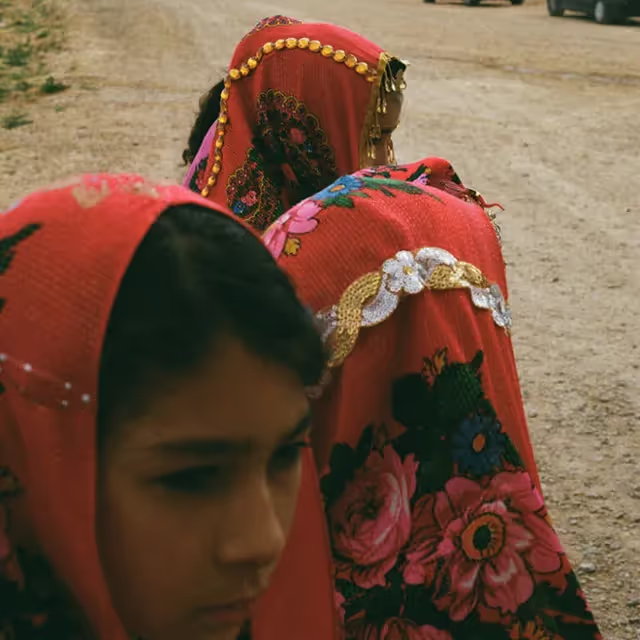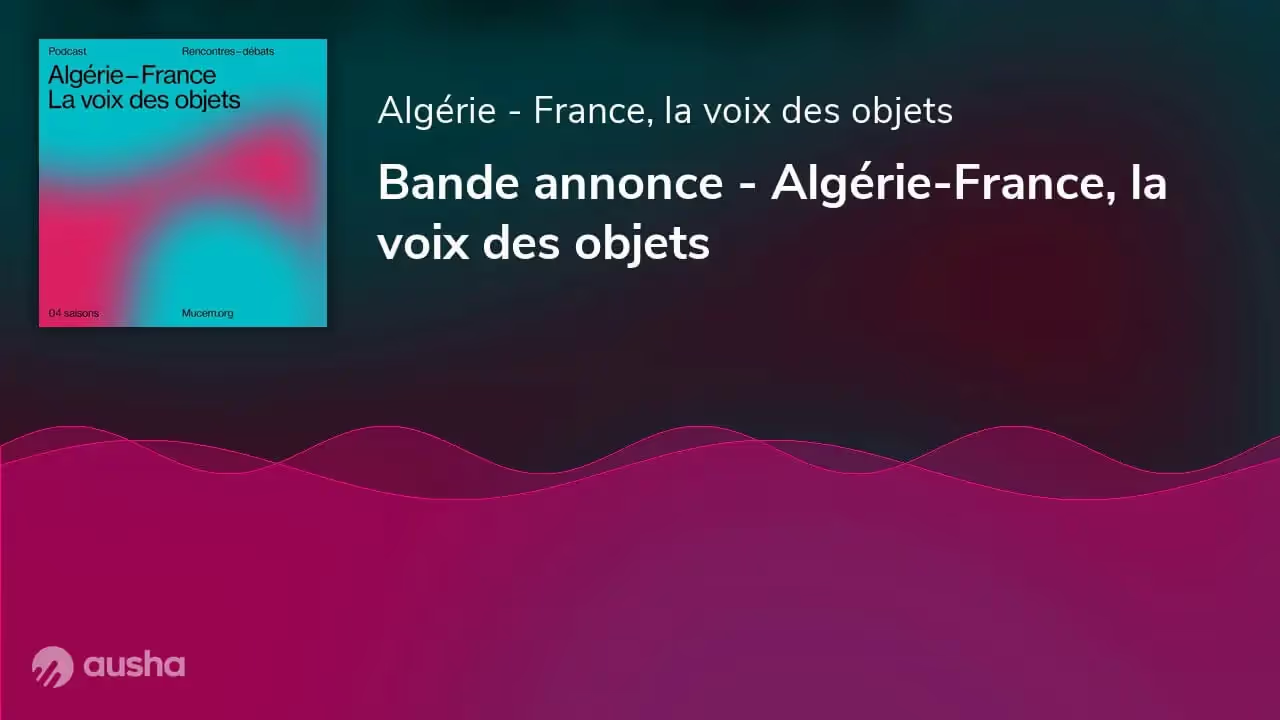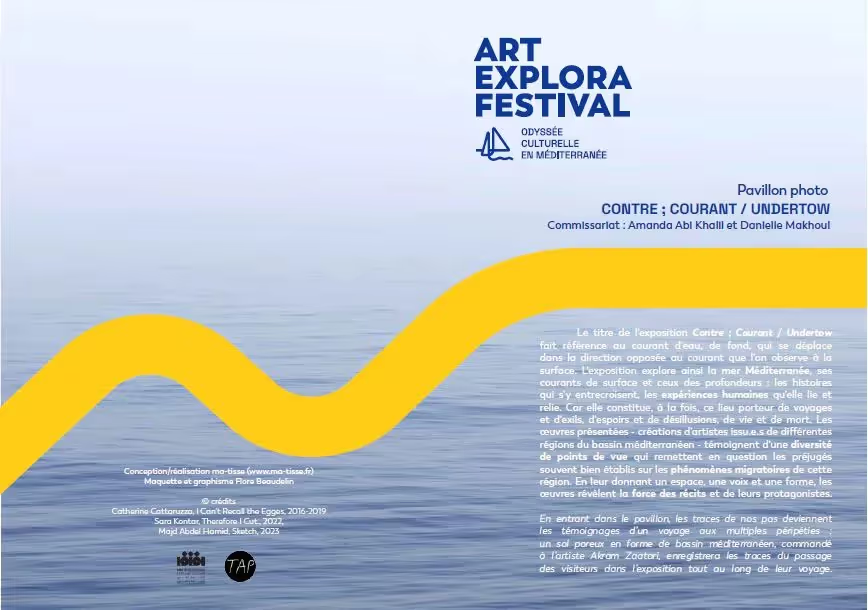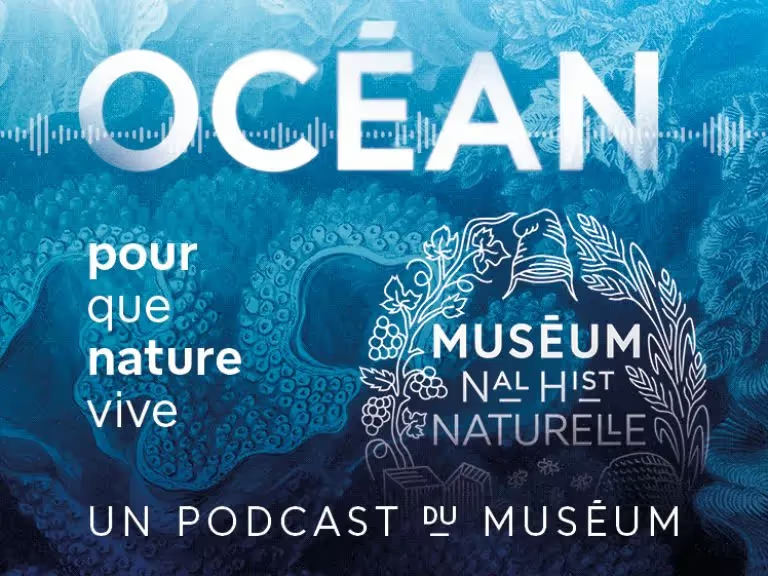Women in Mediterranean art
How are women represented in the arts? What clichés are (too) often associated with them? And what role do they play in creation?
To find out, discover our 4-part journey on Art Explora Academy: head for the Mediterranean countries for a journey through time and culture!


Art Explora Academy
Art Explora Academy is the first completely free digital platform dedicated to learning art history, leading to a certificate validated by Sorbonne University.
The platform is available in French and English, and is designed for use not only on the computer, but also on the mobile or tablet, thanks to the app available on iOS and Android.
Art Explora Academy is aimed at all those wishing to develop and deepen their knowledge of art history, as well as those looking for a new way to engage with artists and their work.
Accessible to everyone aged 13 and over, Art Explora Academy offers 11 brand-new learning paths, as well as a media library with a wealth of video and audio content to help you delve deeper into the major concepts of art history.

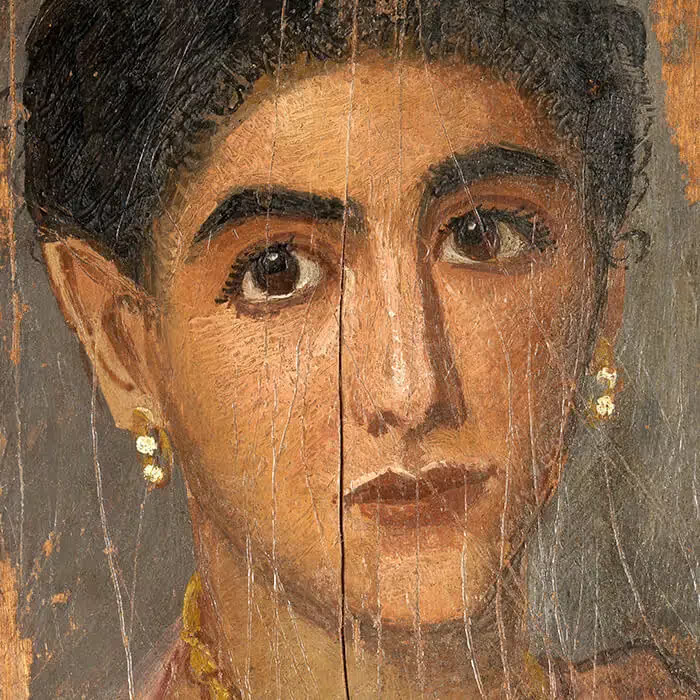
Portrait of a Fayum mummy, circa 150-200, Musée du Louvre, Paris. 2007 musée du Louvre / Georges Poncet
Women in Art in the Mediterranean
In 2024, the Art Explora Foundation will inaugurate its Festival accompanied by the world's first museum boat, which will sail the Mediterranean to meet the public and offer new artistic experiences.
In the boat, with the exceptional collaboration of the Musée du Louvre, Art Explora presents an exhibition on the representation of women in Mediterranean cultures.
To prepare, accompany or extend your visit to this exhibition, Art Explora offers a micro-learning course on the "Women in Mediterranean Art" exhibition on the Art Explora Academy platform.
This free, multilingual course offers 40 minutes of consultation on the following topics:
How are women represented in the arts? What clichés are (too) often associated with them? And what role do they play in creation?

.webp)




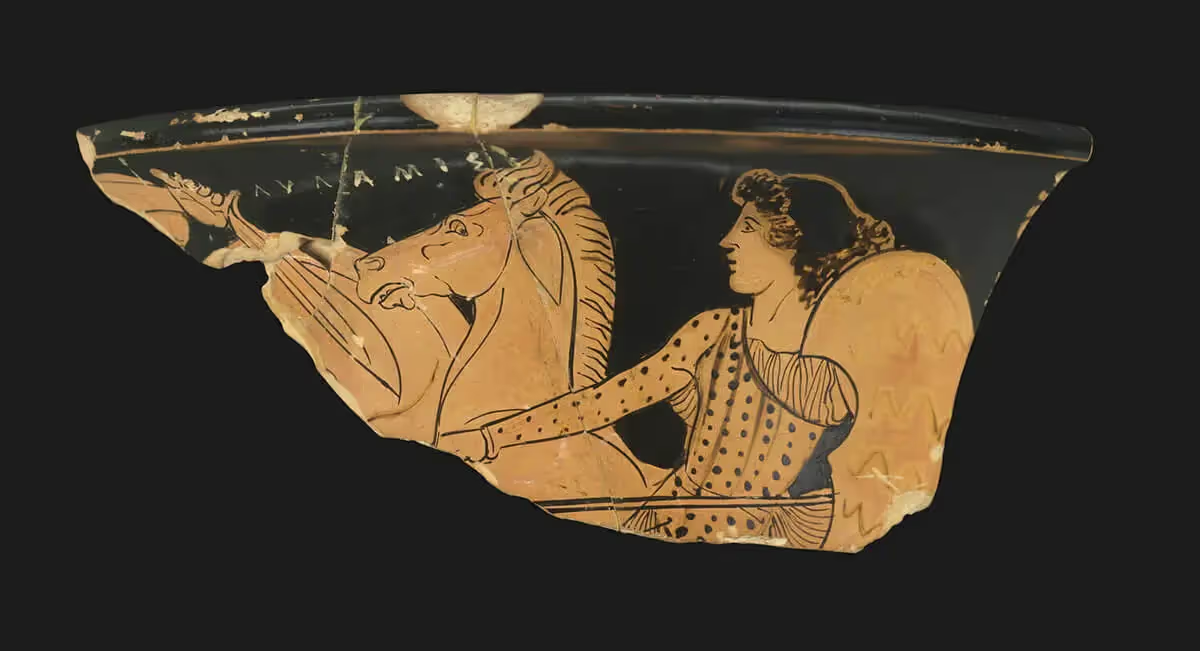

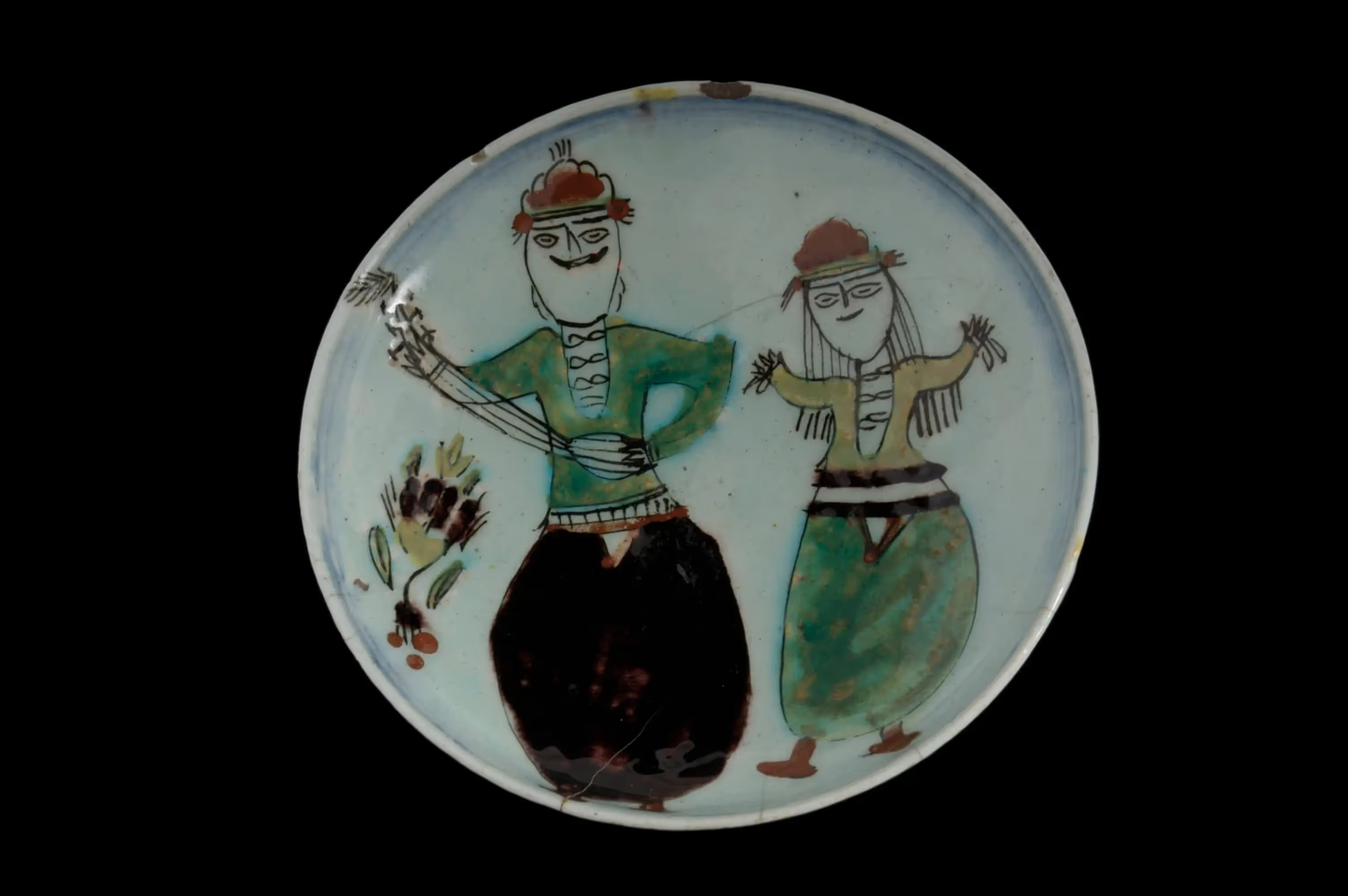




.webp)



%20(2).webp)

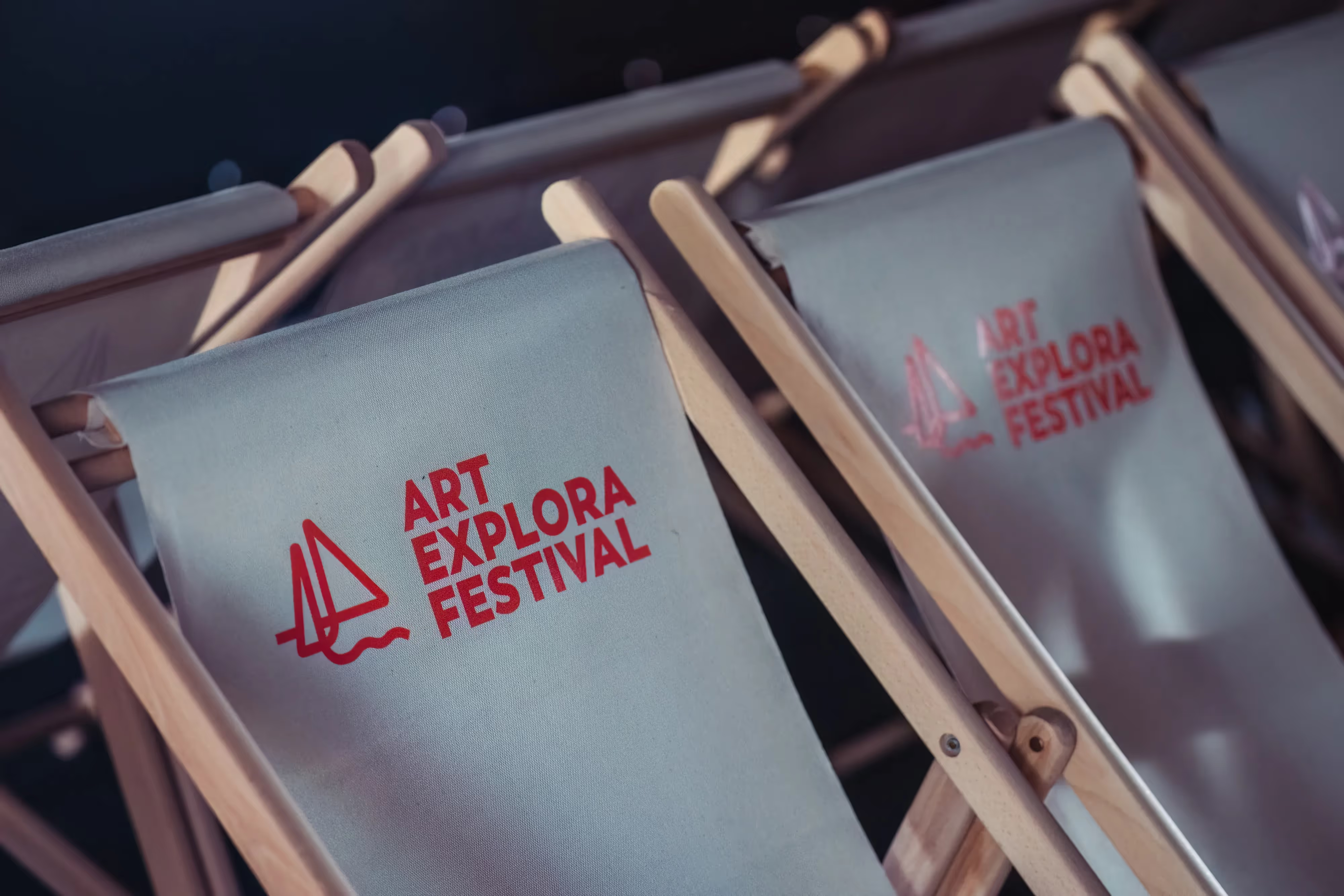



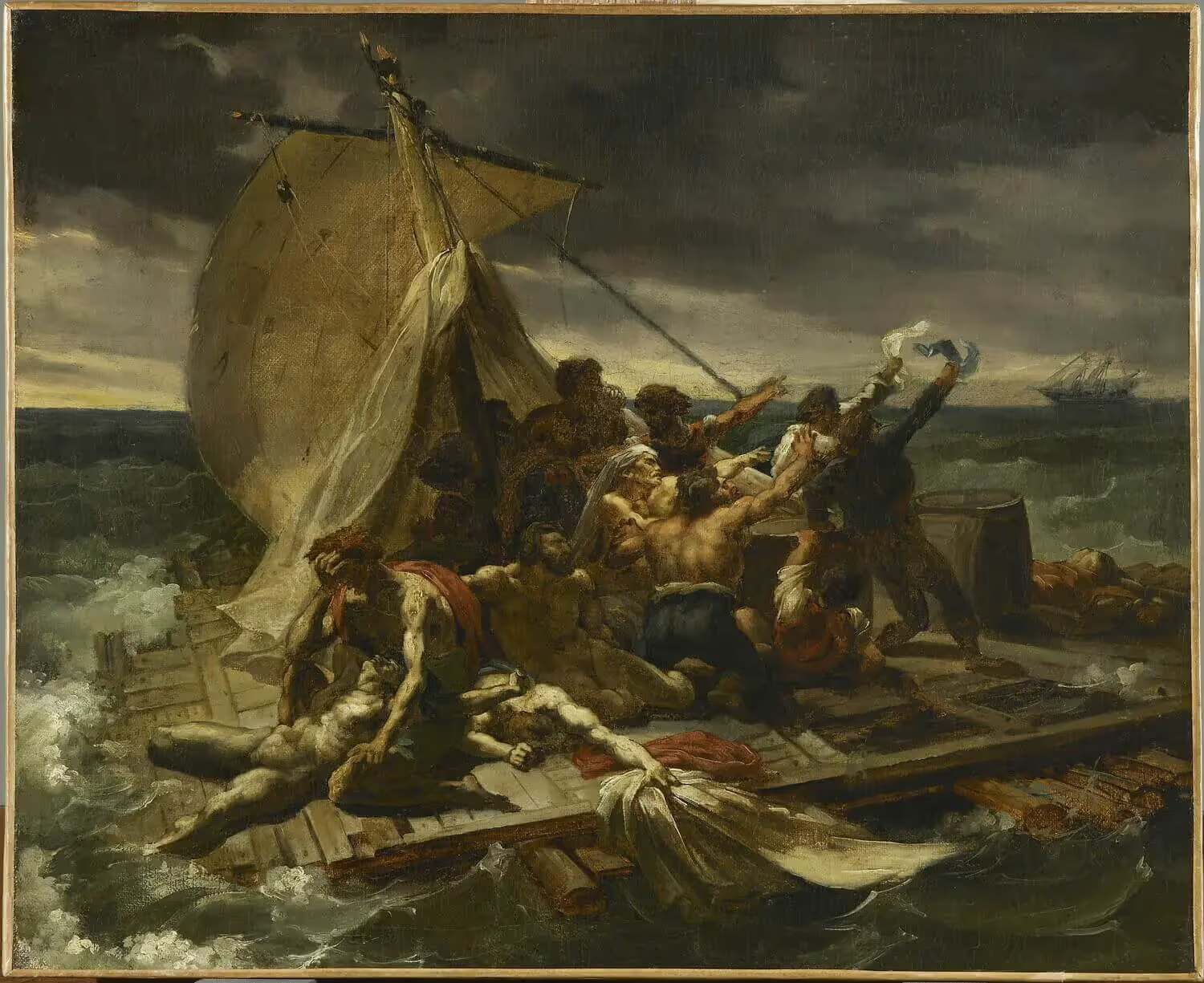

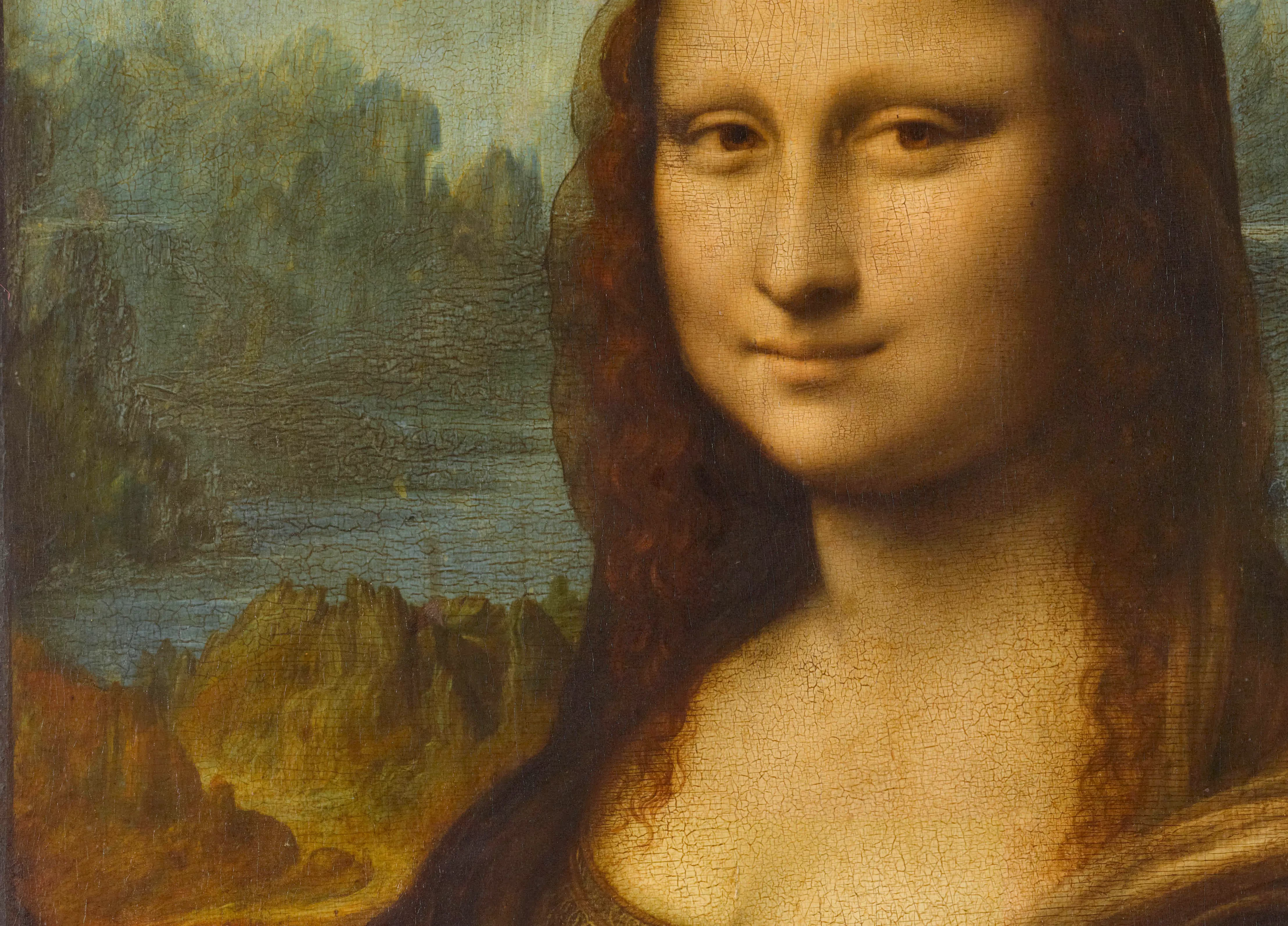
.webp)
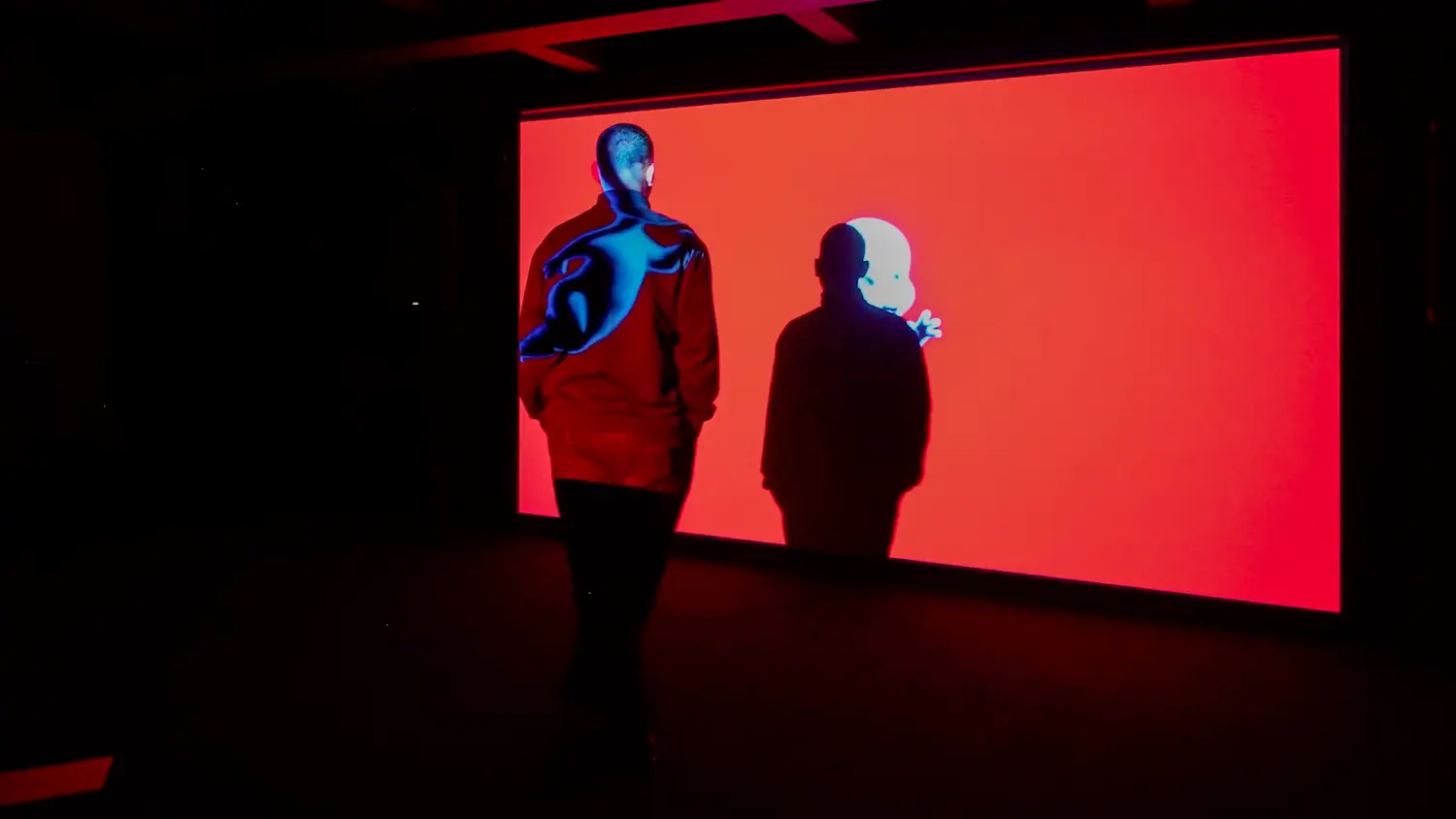
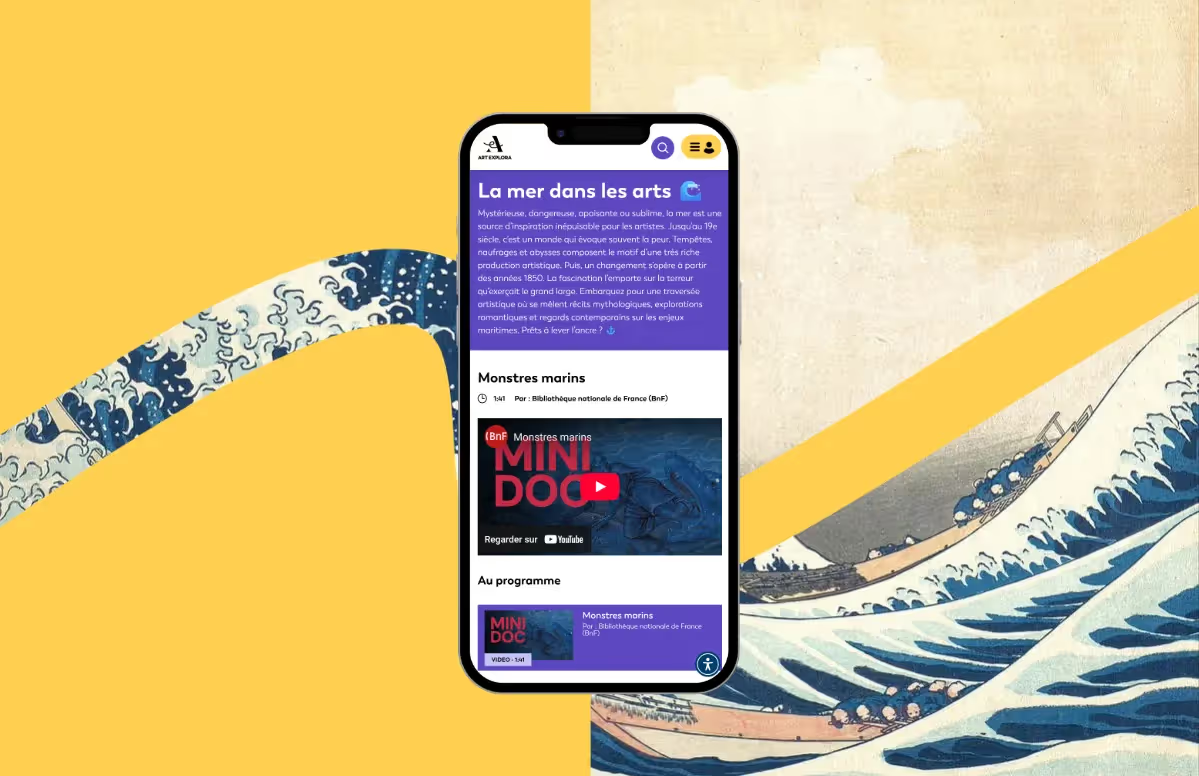

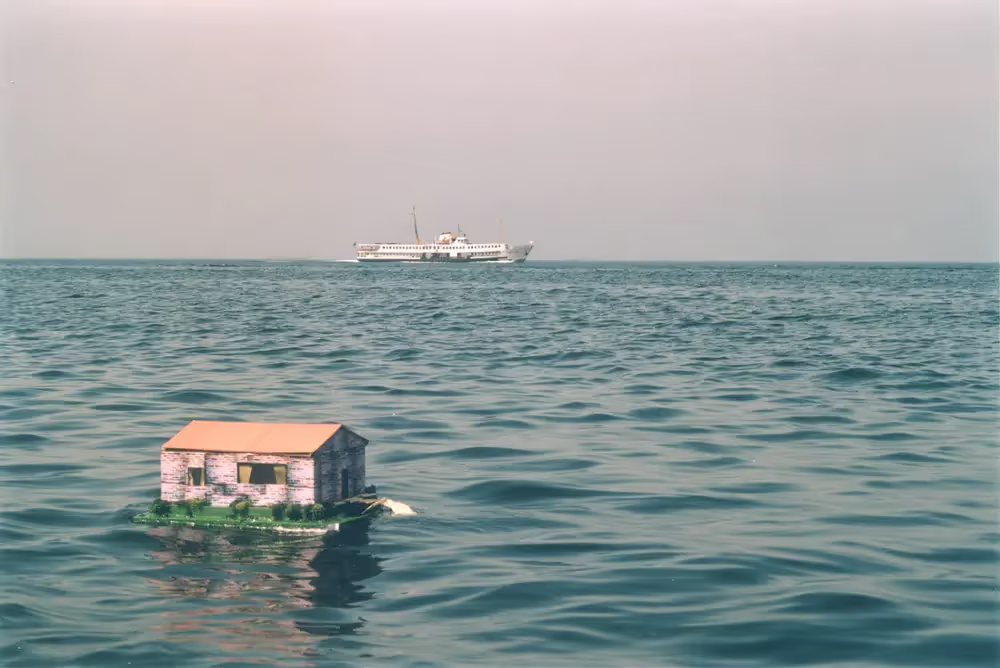

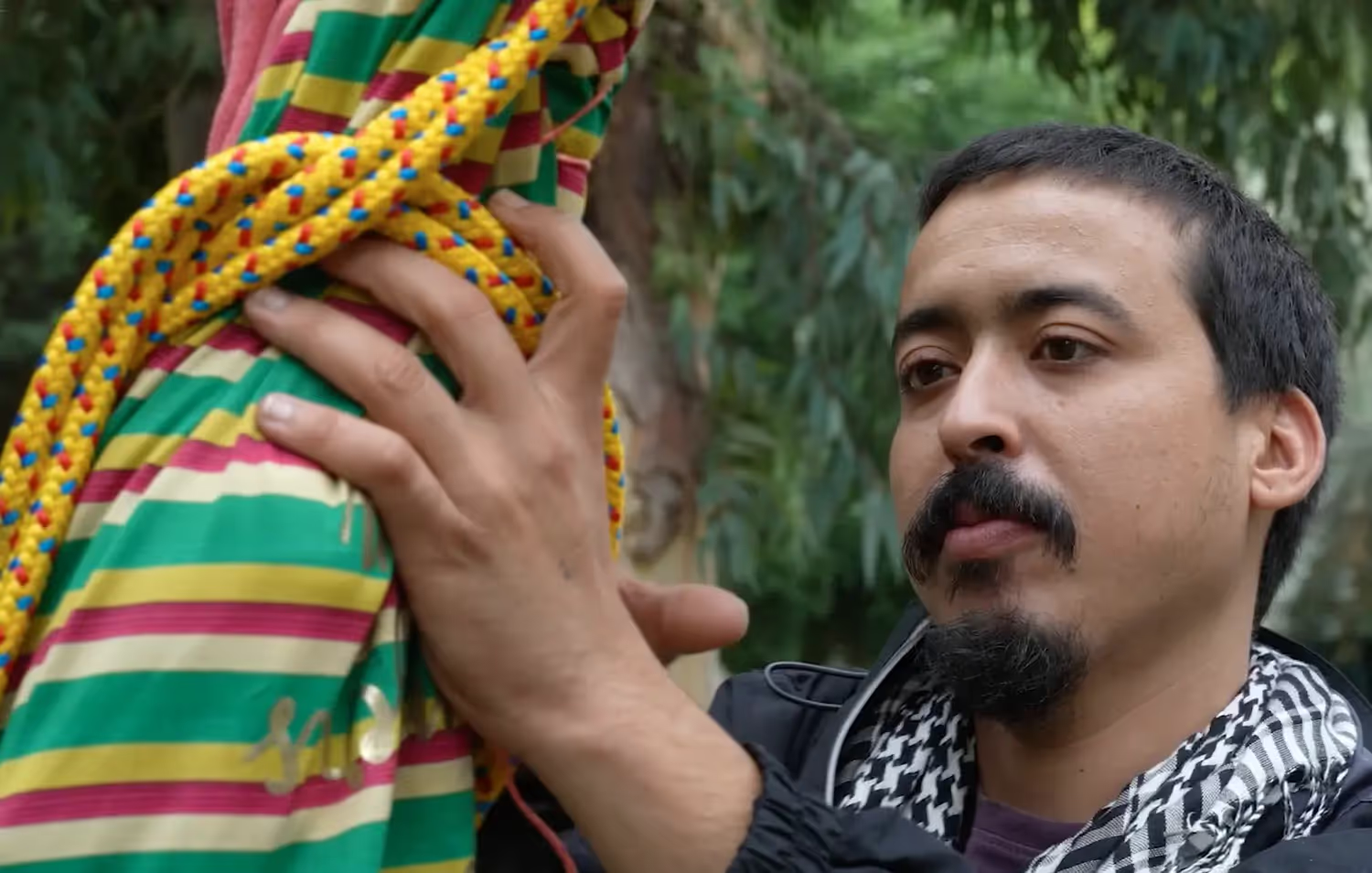
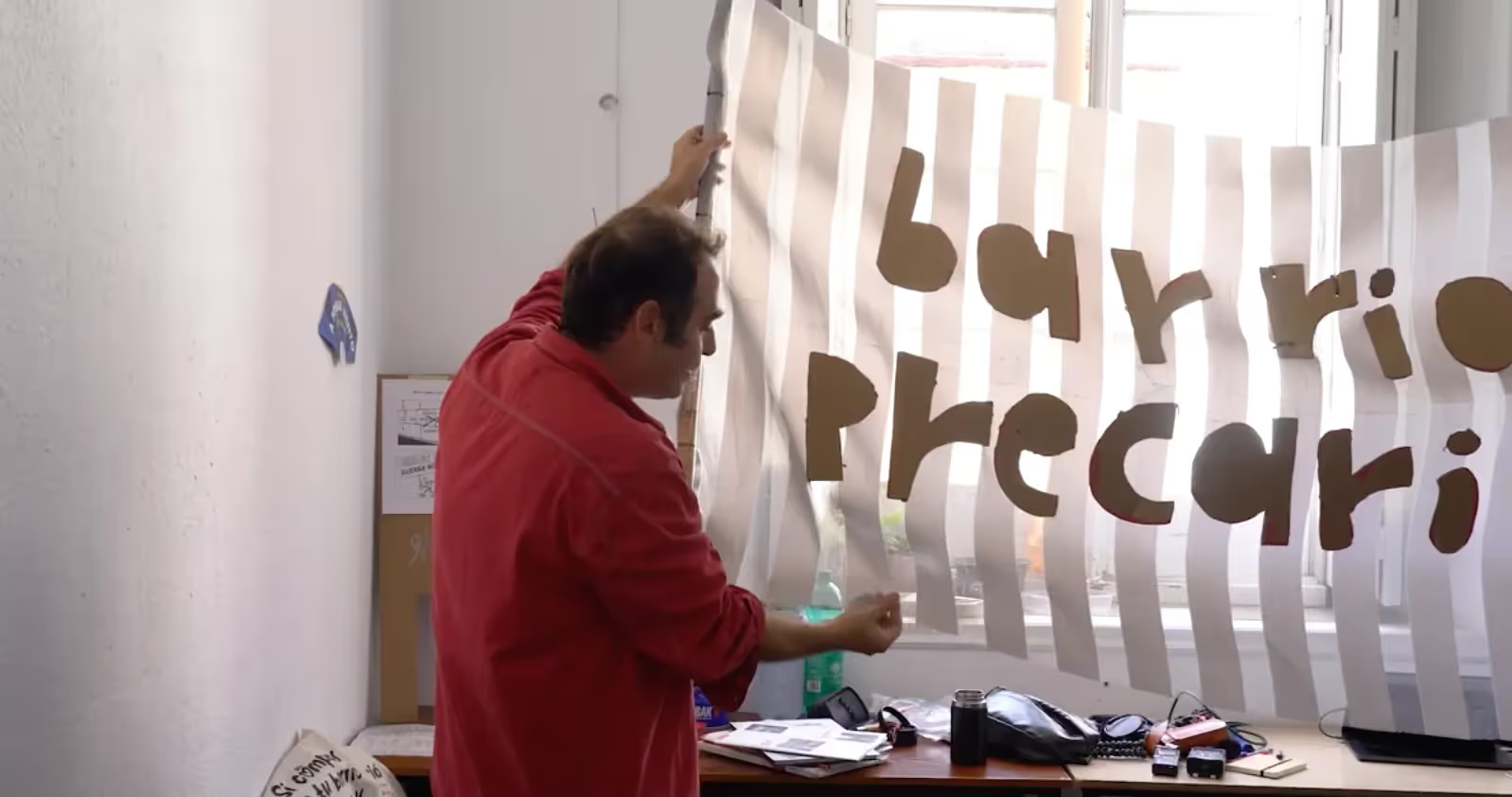

.avif)
